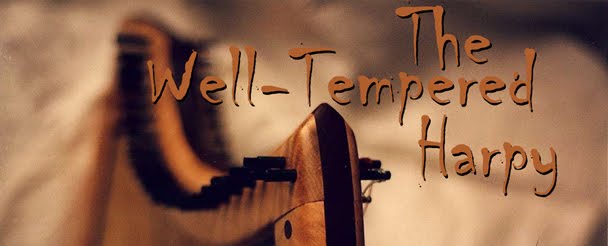January 26, 2010
"Sunufatarungo"
Two frowns of father and son each one reflecting
The other’s quiet concentration. Hoping to catch traces
Or hints or handfuls of that which they hunt.
From the bushes a butterfly finally bursts.
At that scalding-bright sky-jewel their scowls quickly vanish,
Two happy grins exploding. What great pleasure to see
These two mirrors of mirth, one who made the other,
Sunufatarungo.
Your mother, she took you when you were tiny still
To be fostered afar by strange-mannered friends.
She longed that others might love you as others have loved her,
So a different tribe teaches you. But though you’ve been taken
Far from the hall of your father, his heart is never far.
So readily it reaches for you it cannot rest without you,
His boy. He is by you for his heart beats within you.
Sunufatarungo.
Learn from his life, he was like you when young,
He was wiggly and wild. It’s no wonder you are
As long and as lanky and loving as he.
He can tell you what treasures and talents you’ll find.
Answers he’ll offer when others cannot.
He will guide you in growing into a good man.
Look on the face of your father, you’ll see your future.
Look on the smile of your son, you’ll see your past self.
Look on your father’s stature, you’ll learn to stand.
Sunufatarungo.
Notes: "Sunufatarungo" is an Old High German (OHG) word that means "father and son." While reading "The Hildebrandslied," it really struck me how some deep, irreplaceable bond between father and son is expressed by combining them into one word. I found it very compelling. I'm always a little afraid someone will read this piece and get the wrong idea. Yes, I'm drawing a link between the medieval practice of fostering and the modern reality of children going to live with far-away stepparents. But as a stepchild and now a stepparent myself, I know that just like fostering, it can be a very good thing, it's not inherently tragic. But there's pain involved nonetheless.
This was my first stab at alliterative poetry, and I'm not completely happy with it. If it looks a bit different (looser maybe?) than Anglo Saxon poetry, it's because I was following the OHG model. I usually like to arrange fairly (probably unduly) complicated accompaniment, and I was a little embarrassed by the simple drones I played when I performed this for the first time (very shortly after finishing the melody). It's grown on me though. I still feel compelled to beef up the harp part, but probably not by much (actually, now that I see the video, it definitely needs some hard-core beefing up...louder harp wouldn't hurt either...). Big thanks to Teleri the Well-Prepared, of Atlantia, for many excellent pointers on setting Germanic tonic poetry to music! Anyway, the details are in my documentation, which you'll find in this here PDF.
Subscribe to:
Post Comments (Atom)


No comments:
Post a Comment